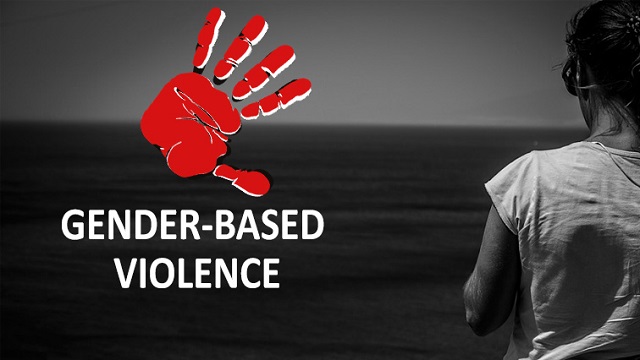The Sokoto State Government has embarked on a three-day training programme aimed at equipping healthcare providers with skills to better respond to Sexual and Reproductive Health and Rights (SRHR) concerns, particularly cases of gender-based violence (GBV) and adolescent health challenges.
Unite Nation High Commissioner Refugee defined GBV as a violence committed against a person because of his or her sex or gender
The News Agency of Nigeria (NAN) noted that the initiative, which commenced in Sokoto on Thursday, is being carried out in collaboration with the United Nations Population Fund (UNFPA), with support from the European Union (EU). The United Nations Children’s Fund (UNICEF) is also a partner in the project.
Speaking at the opening session, the Implementing Director of UNFPA in Sokoto, Musa Wamakko, said the exercise was designed to strengthen the ability of frontline health workers in managing SRHR-related cases.
Read Also: Kogi govt sets up committee to tackle GBV cases
Mr Wamakko noted that the persistent neglect of SRHR had contributed to GBV and adolescent health problems in the state. He added that there was “an urgent need to equip service providers with the necessary tools and guidance to handle issues related to SRHR.”
He expressed optimism that the participants would extend the knowledge gained to their respective facilities to ensure broader coverage. According to him, this would “enable stakeholders to capture all health workers linked to GBV, adolescent health, and counselling services.”
The Director of Community and Family Health Services at the Sokoto State Primary Health Care Development Agency, Tukur Magaji, also described the training as vital in strengthening the health system.
He said, “The training is part of health system strengthening to support our primary healthcare providers who serve as the first point of contact for GBV cases. It will improve their knowledge and response to SRHR challenges.”
Mr Wamakko further emphasised the importance of timely and quality services for GBV victims, stressing that they remained the key beneficiaries of the intervention.
“That is why we invited focal persons from the 23 local government areas alongside healthcare providers from various facilities for this training. With this, we hope to better meet the needs of this vulnerable category whenever they come to our facilities,’’ he said.
Mr Magaji maintained that the initiative was in line with the state government’s drive to improve healthcare delivery across Sokoto’s 23 local government areas.



